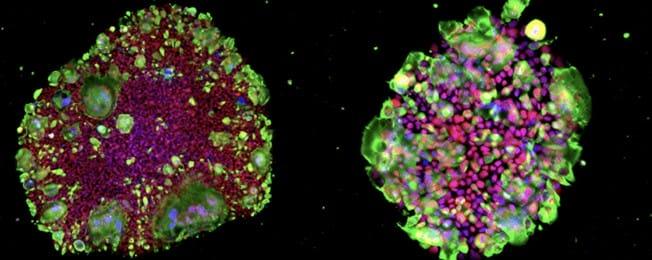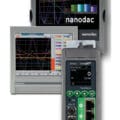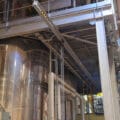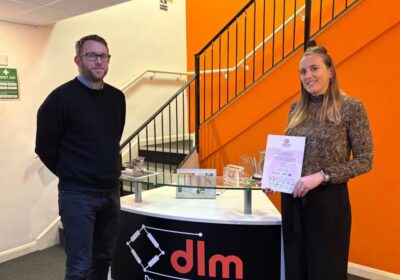AMSBIO has published an informative online article that reviews the importance of culture techniques for induced pluripotent stem cells (iPSCs), which provide an invaluable resource for drug discovery and therapeutic applications.
When using iPSCs for drug discovery and therapeutic applications, it is vital to generate a homogenous culture. The absence of uniformity in iPSC culture can severely compromise the quality and quantity of data generated.
The article discusses in detail how factors including maintaining genetic stability, optimizing culture conditions, and managing single cell expansion impact result reproducibility as well as consistency of product quality. The importance of chemically defined media, exemplified by cutting edge products such as StemFit® that provide precise control and a reproducible environment for cell growth and maintenance. Achieving reproducibility and consistency underpins the development of scalable protocols for iPSC culture and differentiation – which are key requirements for clinical implementation.

Staining images of ACE2-expressing iPS cells grown in StemFit medium with iMatrix-511 as ECM (before and after cryopreservation in STEM CELLBANKER) infected with SARS-CoV-2 virus. Image on the left is before cryopreservation and image on the right is after. Green: SARS-CoV-2 N protein, Red: OCT3/4, Blue: DAPI. Images courtesy of Kazuo Takayama (CiRA, Kyoto University, Japan)
Further, the article describes how cryopreservation plays a pivotal role in preserving iPSCs and organoids. Use of chemically and defined animal origin-free cryopreservation media, such as STEM-CELLBANKER®, is particularly important for maintaining high yields, assuring minimal disruption in morphology, and ensuring the future viability of stem cells post thaw, even if stored over long time periods.
Looking to the future, the authors discuss the challenges to the advancement of 3D iPSC cultures including uncontrolled spheroid aggregation and cell shear stress. A novel method employing Laminin E8 fragments to establish an effective extracellular matrix (ECM) conducive to stem cell production is described.
For further information on high quality products for iPSC culture contact AMSBIO on +31-72-8080244 / +44-1235-828200 / +1-617-945-5033 / [email protected]. To read the complete article please visit www.amsbio.com/news/culturetechniquesfordrugdiscoveryandtherapeutics
Founded in 1987, AMS Biotechnology (AMSBIO) is recognized today as a leading transatlantic company contributing to the acceleration of discovery through the provision of cutting-edge life science technology, products, and services for R&D in the medical, nutrition, cosmetics, and energy industries. AMSBIO has in-depth expertise in extracellular matrices to provide elegant solutions for studying cell motility, migration, invasion, and proliferation. This expertise in cell culture and the ECM allows AMSBIO to partner with clients in tailoring cell systems to enhance organoid and spheroid screening outcomes using a variety of 3D culture systems, including organ-on-a-chip microfluidics. For drug discovery research, AMSBIO offers assays, recombinant proteins, and cell lines. Drawing upon a huge and comprehensive biorepository, AMSBIO is widely recognized as a leading provider of high-quality tissue specimens (including custom procurement) from both human and animal tissues. The company provides unique clinical grade products for stem cells and cell therapy applications. This includes GMP cryopreservation technology, and high-quality solutions for viral delivery.







